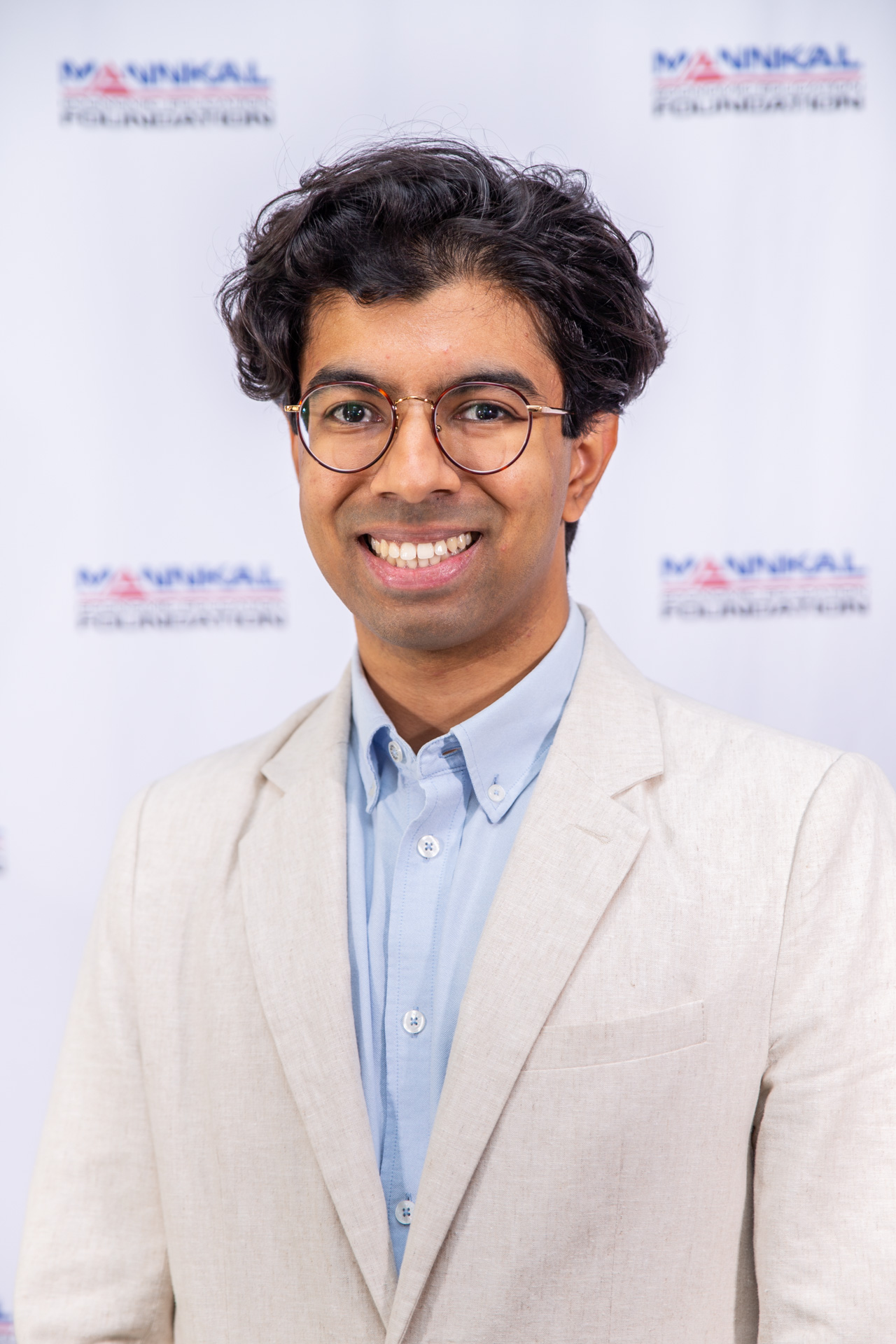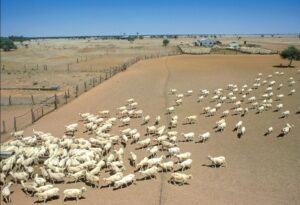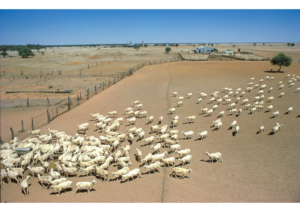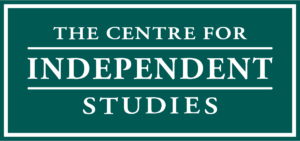The most striking feature of Capitaf – the serene summer home of Milton & Rose Friedman – is the dense New England forest stretching into the horizon. Most surprising to me, accustomed as I am to the vulnerable forests of Kalgoorlie and WA’s Southwest, was that this landscape was once a barren pasture less than a century ago. Though FDR’s Civilian Conservation Corps contributed marginally, New England’s reforestation was largely a natural process as farmers moved to cities for better-paying jobs. This “free market” analogy perfectly encapsulates the themes I explored during my time with the Free to Choose Network (FTCN) in West Fairlee, Vermont, and the American Institute for Economic Research (AIER) in Great Barrington, Massachusetts.
My fellow Mannkal scholars and I were taken to Capitaf by the ever-helpful Garrett Gouveia, the FTCN intern and Capitaf caretaker. We were joined by a contingent of friendly American students from the Midwest and South, and two facilitators: Professors Ryan Yonk and Steve Miller. The professors introduced topics from Milton Friedman’s TV show, Free To Choose, with prerecorded videos narrated by the late, great Bob Chitester; show producer and FTCN founder. We then engaged in debates about Friedman’s ideas on non-interventionism, discussing their relevance and applicability today.
I was fascinated (and disappointed) to note that many criticisms Friedman made of the American public schooling system – such as inflexible curriculums and an unfair funding model – remain unchanged in the 44 years since the show aired. Interestingly, Australia’s tertiary education system includes elements of Friedman’s voucher-based solution, though funded publicly via HECS rather than private loans. I enjoyed presenting this comparison and hearing the American students’ thoughts in the proceeding discussion. I also found the debate over whether economic freedoms precede political freedoms particularly pertinent, given the erosion of global free-trade consensus and institutions amidst rising great power competition between the United States and China.
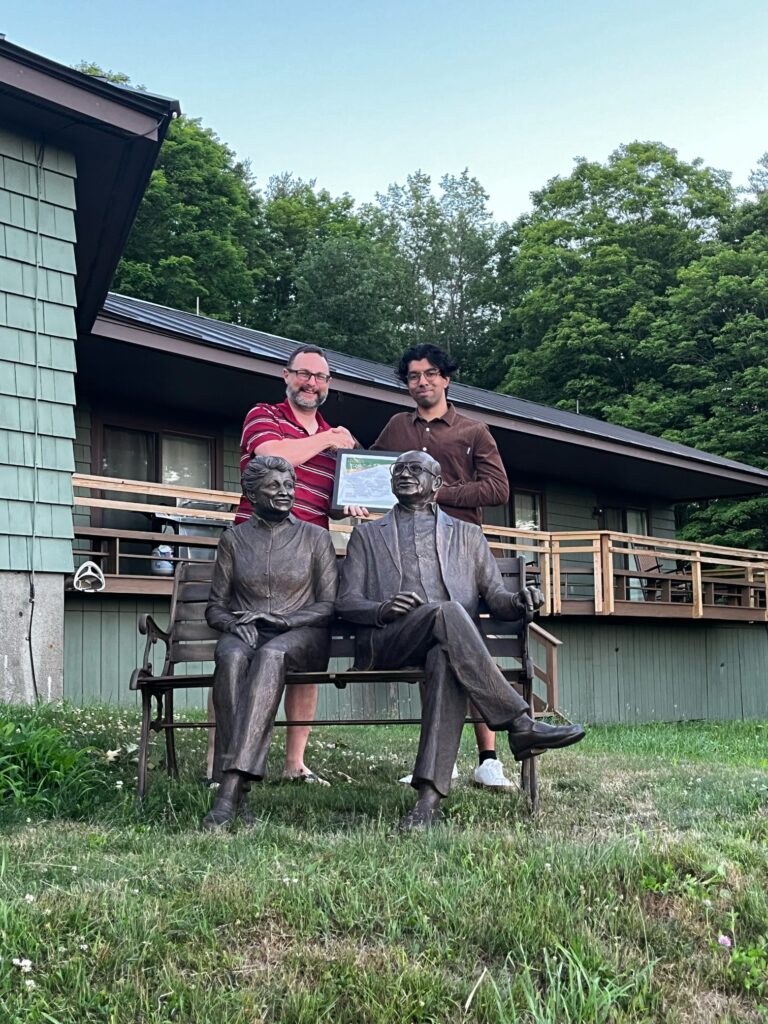
Sid and Professor Steve Miller at Capitaf
Accompanying our intellectual parlays were visits to beautiful Vermont and New Hampshire locales. We toured Goodrich Maple Farm (whose syrups were sublime), learning about technological innovations in one of Vermont’s oldest industries, and visited an up-and-coming ice cream factory owned by a certain Ben & Jerry. We also explored Dartmouth College (featured in Free To Choose) and President Calvin Coolidge’s homestead – an exemplar of non-intervention governance.
Professor Yonk kindly invited us to join his AIER internship program for the next fortnight, so we journeyed to AIER’s grand Berkshire headquarters (nicknamed The Castle). There, we participated in STATA econometrics workshops, attended seminars from Wall Street investors and visiting artificial intelligence experts, toured historic, zesty Provincetown at Cape Cod, and walked the famous Freedom Trail in Boston. I made lifelong friends with AIER interns and graduates, whose passion for research – from the politics of debt management in Africa to public corruption incentives in Brazil and India – inspired me to pursue postgraduate studies in the United States.
For my independent op-ed project, I investigated how regulatory red tape, global inflation, and unjustifiable insurance premiums have impacted Australia’s musical festival industry. The fact that only 56% of the 535 festivals in 2022-23 were profitable and 35% recorded a loss is alarming, given that the majority of the festival industry are small businesses or individual contractors. I proposed that the Commonwealth Government foster entrepreneurship by streamlining local and state regulations, and addressing insurance market failures by working with festivalgoers, insurers, and festival organisers to limit liability litigation without compromising safety or supplanting private markets entirely. These conclusions were informed by lessons from the Centre for Entrepreneurial Research and Innovation (CERI)’s bootcamp, especially how bottom-up innovation and collaboration is the only pathway for sustainable fiscal growth and creative expression.
Mannkal and CERI’s support has been invaluable in advancing my economic understanding and professional skills. The perspectives I gained have deepened my appreciation of the American economic and political context, allowing me to evaluate Australia’s governance and liberties with greater insight. Equipped with these new tools, I return to Australia eager to promote liberty and innovation in my future economic endeavours.

